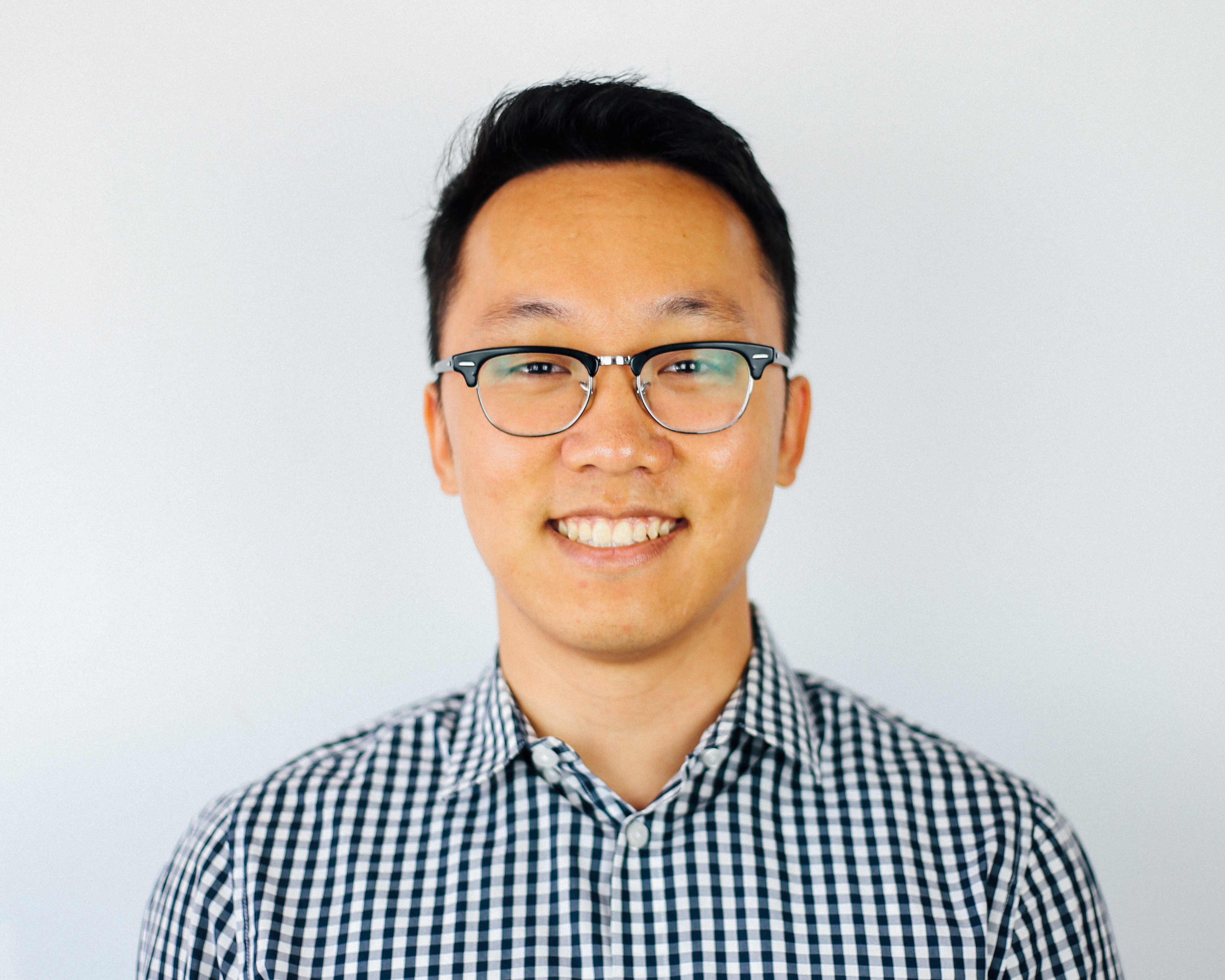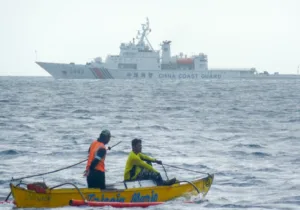Though the State Department’s new travel ban to North Korea pertains to only tourism, this recent policy shift once again raises questions regarding evangelical humanitarian work in the reclusive country.
A broad spectrum of perspectives pertaining to humanitarian engagement with North Korea tends to divide the small community of evangelicals who have dedicated their lives to North Koreans. In general, a larger number of these evangelicals support in various degrees the position that evangelicals should embrace opportunities to establish lasting relationships with North Koreans within their borders through humanitarian projects (e.g., education, medical aid, economic development, etc.). Aside from the provision of medical aid, a smaller group largely discourages engaging North Koreans within their borders due to concerns regarding the extortionate cost of travel visas and permits, the insatiable hunger of government officials for bribes, the ban against proselytizing, the danger of physical harm, and the potential threat of being used as political pawns. Instead, they tend to focus on information dissemination, smuggling out potential defectors, smuggling in North Korean missionaries, and addressing the massive needs of the hundreds of thousands of North Koreans who have already defected.
From a global security perspective, humanitarian engagement may be unwise. While there exists little evidence that foreign aid (excluding medical aid) to North Korea actually provides long-term improvements to the lives of everyday North Koreans, the North Korean government regularly holds evangelicals against their will and uses them as leverage against the United States. Furthermore, despite Pyongyang University of Science and Technology (PUST) Chancellor Chan-Mo Park’s recent interview reassuring readers that the graduates of his evangelical-led university refrain from cyber-terrorism activities, conflicting observations by North Korean defectors of PUST graduates raise only more questions.
According to Park, Thae Yong-ho, a defector and former councilor in North Korea’s embassy in the U.K., “did not think PUST was teaching hacking,” while according to two other defectors, one of whom was formerly employed by North Korea’s electronic warfare command, alleged that PUST graduates were engaging in nefarious government operations and appealed to the international community to cease all financial support of the institution. Coincidentally, as evangelical educators continue to invest in the next generation of North Korean elite in math, engineering, and computer science, North Korea’s nuclear weapons program is also seeing improvements at an alarming rate. In short, the reliability of the North Korean government’s reports of PUST graduates remains in question as the government prohibits external confirmation of those reports.
While some evangelical educators justify their work with claims that North Korean lives are changing and more doors for future engagement are opening, lessons from Korean history lend support to the counterargument that these conclusions should be taken with a grain of salt. More specifically, these conclusions often overlook the history of Korean nationalism and Korea’s historical struggle for independence during Japanese occupation (1910-1945), a worldview that permeates every level of North Korean society through their state ideology, Juche.
Based on this worldview, evangelical educators could actually fuel Juche-inspired nationalism by unwittingly contributing to North Korea’s cyber-terrorism and nuclear weapons programs, thus perpetuating the government’s willingness and ability to maintain their independence and isolation. However, would it really surprise the international community if it is later discovered that everyday North Koreans who embrace a more historical nationalism of a free and unified Korea have difficulty ignoring the parallels between North Korea’s corrupt elite who partnered with evangelical educators and the former Imperial Japan with its Korean collaborators?
Take for example the explosive growth of Presbyterianism in South Korea after World War II. As one of the last Christian denominations to yield under Imperial Japan’s pressure to syncretize with Shintoism, oppressed Korean and American Presbyterians gained a reputation as fierce Korean nationalists who peacefully fought for a free and independent Korea. Their sacrifice and courage had won the love and respect of the Korean people such that Presbyterianism saw the greatest growth amongst all Christian traditions in Korea upon their liberation. In contrast, many other traditions that had failed to speak truth to oppression and conceded to Japanese pressure lost much of their public credibility, and most never saw the growth that their Presbyterian counterparts did.
In the same way, if and when North Korea becomes a free nation, how will everyday North Koreans perceive evangelicals who had to finance the construction of a monument to Kim Il-sung and a research center propagating the personality cult of the Kim dynasty in order to educate North Korea’s elite? Will everyday North Koreans receive these evangelicals as heroes of North Korean liberation, or reject them as government collaborators? Will the murky ethical waters that these evangelicals are currently wading in further tarnish evangelicalism’s global reputation, or heal this broken nation from decades of abuse and tyranny?
By way of providence, residential access to North Korea has become increasingly difficult for evangelicals. Perhaps the time has come to regroup and redirect education efforts to the courageous defectors looking for a second chance at life. Perhaps the time has come to join the growing movement of evangelicals rescuing defectors in China and other places where they suffer as stateless refugees and victims of human and sex trafficking. Until the North Korean government can definitively reassure the international community that the students of evangelical-led education initiatives within their borders are not being recruited for unscrupulous government operations, the lasting impact of these initiatives remains dubious.
—
Moses Y. Lee is an ordained Presbyterian minister serving in Washington, D.C. He attended the University of Maryland for his undergraduate studies where he studied Criminology and Criminal Justice in addition to Government and Politics. He earned his Master of Divinity from Westminster Theological Seminary and is completing his Master of Theology at the same institution. His thesis topic is on the theological dimensions of Juche in North Korean cinema.
Photo Credit: Arirang in Pyongyang, North Korea, in 2007. By (stephan), via Flickr.







 Sponsor a student for Christianity & National Security 2024
Sponsor a student for Christianity & National Security 2024